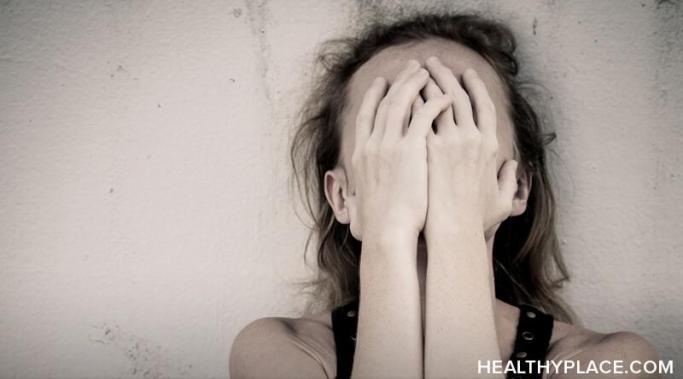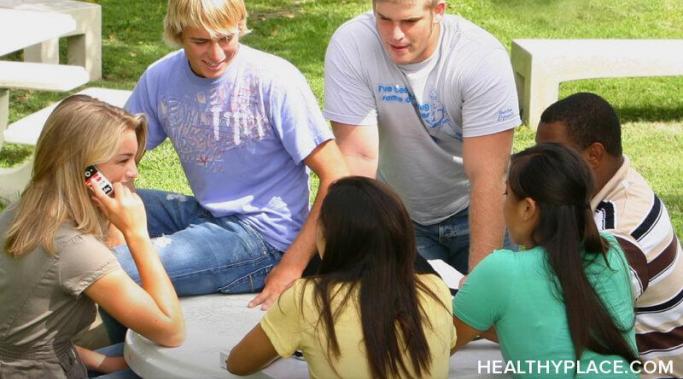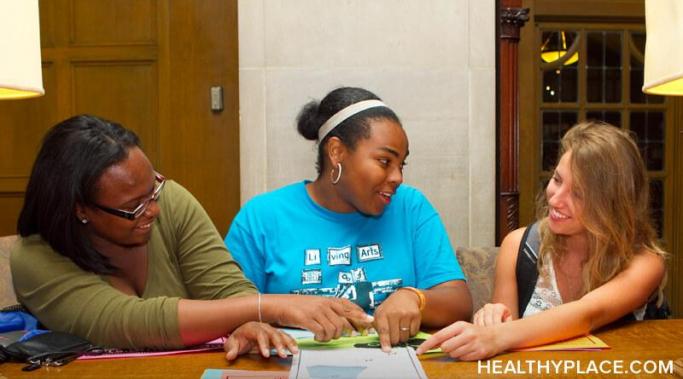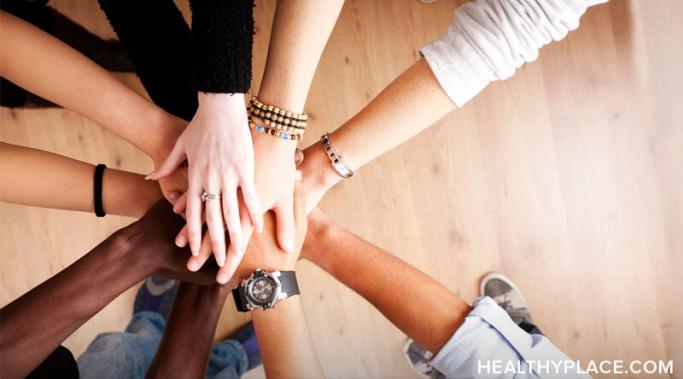Telling yourself to stop feeling guilty for self-harm is like trying not to think about pink elephants. It feels like you can't help it, and the harder you push it away, the tighter it seems to grip onto your gray matter. But believe it or not, you can move past guilt and finally begin to heal.
Speaking Out About Self Injury
Self-injury can seem like the most accessible path to relief when other doors have been shut in your face, but self-harming to self-soothe creates a vicious cycle from which it can be difficult to disengage. Recognizing that there are other, healthier ways to feel better—ways that are still open to you—is vital to recovery.
Self-injury can be a difficult topic to discuss, whether you're sharing your own experiences or trying to offer support to someone else. Careful consideration of the self-harm language you use can help you have more meaningful (and helpful) conversations.
Sharing personal stories about self-harm can be powerfully restorative for audiences and storytellers alike. Here's how they can help—and how to make sure your self-harm personal stories, should you choose to share them, are helpful too.
Healing is a journey, one most of us walk for many years. It's not always an easy path to follow, but these self-harm recovery coping skills can help smooth the road ahead.
A strong support network can play a vital role in self-harm healing and recovery. Someone like a self-harm sponsor, for example, can provide invaluable insight and encouragement throughout your journey—but what exactly is a self-harm sponsor, and who should you ask to be yours?
Whether you're dreading a spring break beach trip or a long, hot summer full of pool party potential, swimsuit season can be daunting for anyone with scars, but especially those of us whose scars were self-inflicted. Let's talk about how to hide self-harm scars in swimsuit season—and whether you really need to.
Self-Injury Awareness Day is March 1. For those who do not self-harm, it is a learning opportunity and a chance to show support for others. For those who do self-harm, however, it's an observance that can give rise to some pretty complicated emotions.
Paradoxically, writing about self-harm for HealthyPlace has been one of the hardest things I've done in my life—and one of the easiest. It's certainly not for everyone, but in my case, publicly writing on self-injury has been an incredible opportunity to both heal and be healed in return.
Reading—or better yet, writing—self-harm recovery poems can be a simple, accessible means of coping with difficult feelings around self-injury and the healing process.









